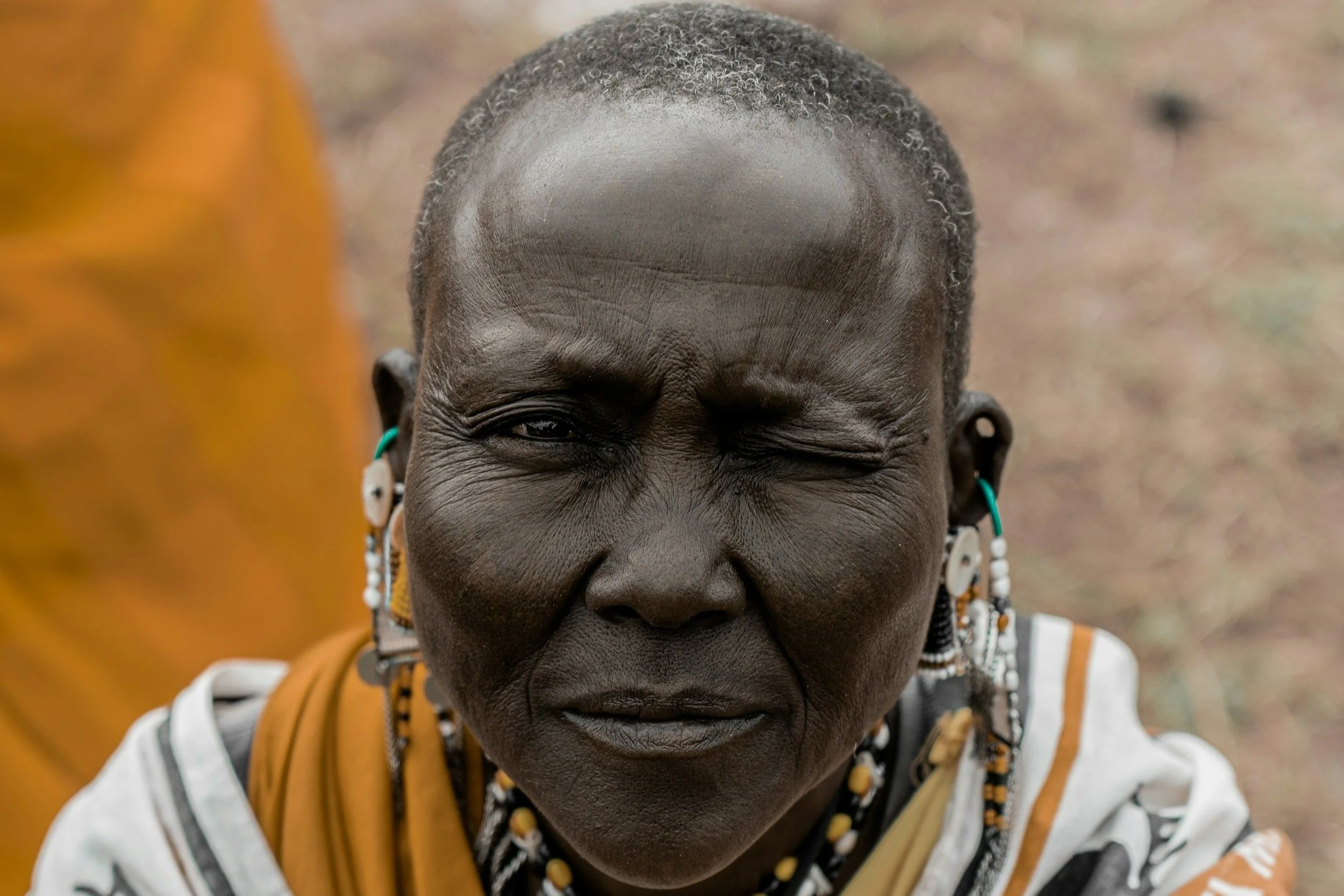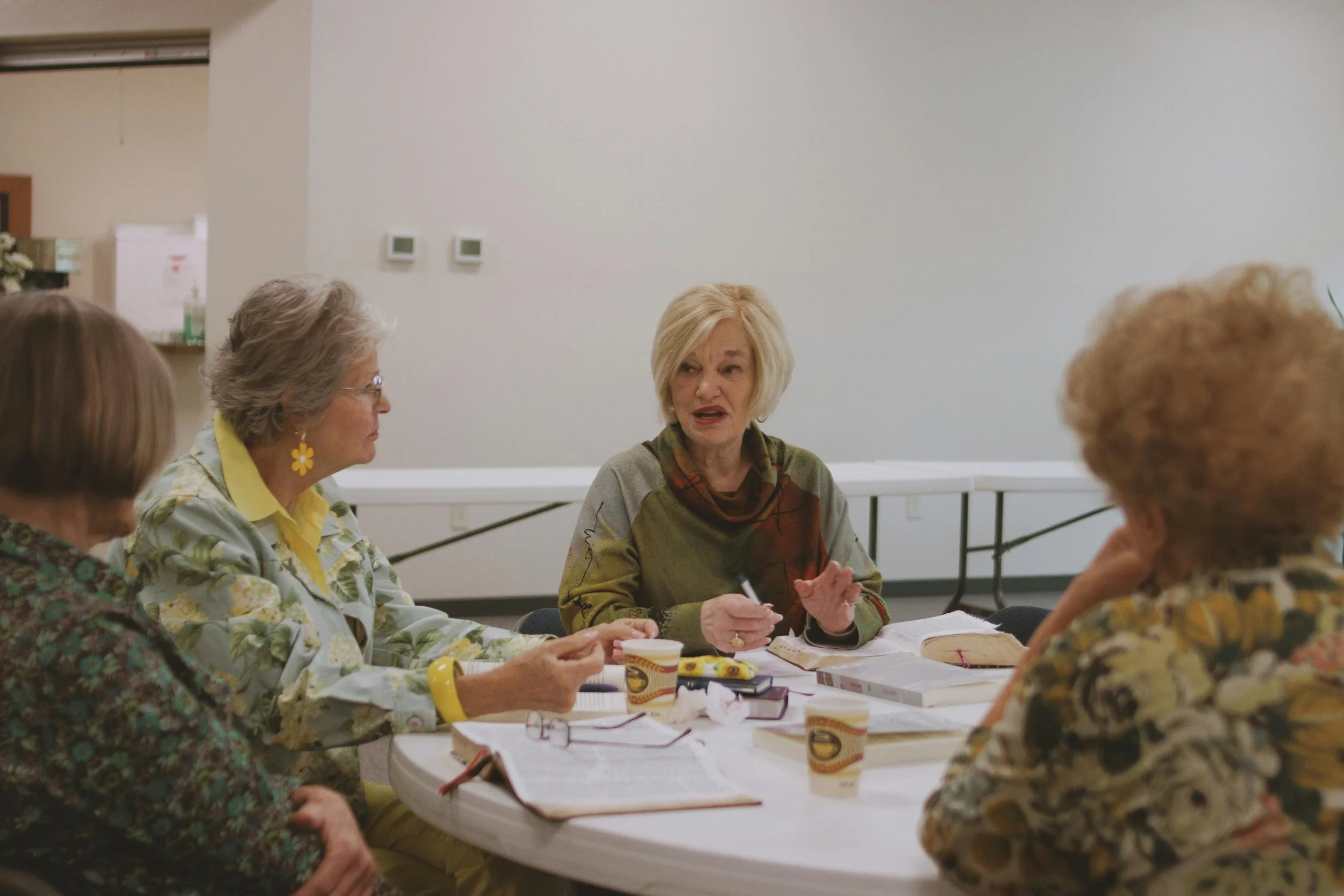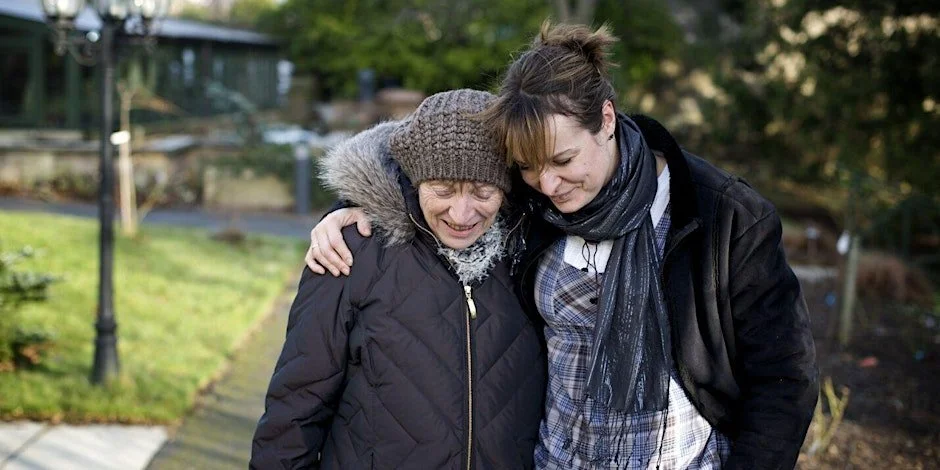Implementing Best Practice in Kenya
In 2024 DSDC had the privilege to train a group of Catholic Sisters, from various international locations, in the Best Practice in Dementia Care Learning Programme. The training was part of an initiative funded by the Cognitive Impairment Project of the Anna Trust which works to support those in particularly vulnerable contexts, through healthy ageing and the provision of long-term support. Without the Cognitive Impairment Support Grant this project would not have been possible. This project is particularly interesting as the sisters were implementing the programme across a range of cultural settings, each presenting a range of challenges through from geographical to cultural understanding/stigma.
Following the Best Practice training, Sr. Aquinatta Lumili and Sr. Sophia Njue returned to Kenya to Facilitate the programme. Now at their midway point, they have completed a review of the implementation programme to date (below). Thank you to everyone involved for your continuing work to improve the lives of people living with a dementia, and for allowing DSDC to share the findings of this project.
Training in Kenya
Sr. Aquinatta Lumili and Sr. Sophia Njue aimed to monitor, and mentor trained caregivers, offering them support and guidance as they engaged with communities comprising of individuals living with a dementia and other mental health conditions. They worked with religious community settings, institutional care homes and outreach services with laity.
a) Services with the laity
Seven caregivers focused on working with lay people in their local communities. They engaged with approximately 110 individuals, both male and female. Initial assessments indicated that over 75% of this population lived with a dementia or showed early, undiagnosed symptoms of cognitive decline. This showed that many people in the communities are living with a dementia and there is a need to train more care givers to create awareness in the community.
b) Institutional Care Interventions for religious communities
Nine caregivers worked within elderly care homes, focusing on religious sisters living with a dementia. Their outreach impacted approximately 120 sisters.
Monitoring and Evaluation
A two-tiered evaluation system was used:
Ø Baseline visits were conducted at the start of field engagement.
Ø Follow-up visits after two months showed marked progress in care standards and patient engagement.
This evaluation confirmed that the mentorship and dementia care training resulted in tangible benefits for both caregivers and those living with dementia. Improved awareness, reduced stigma, and increased confidence among caregivers were evident.
Lessons Learnt
1. Tailored Approaches Enhance Caregiver Training Effectiveness
The programme revealed that caregivers come with diverse educational backgrounds and exposure to dementia care. Standardised training was insufficient for maximum impact. By assessing initial knowledge levels and adjusting teaching methods accordingly such as simplifying language, using visuals, and incorporating interactive methods the team improved understanding and retention. A differentiated learning model was shown to be most effective in fostering confidence and competence among caregivers.
2. Practical Engagement Is Key to Skill Transfer
Theory-based training alone proved inadequate for equipping caregivers with dementia care skills. Mentorship sessions involving real-life scenarios, hands-on demonstrations, and guided role play improved caregivers’ ability to handle agitation, disorientation, and communication breakdowns. This practical component helped bridge the gap between knowledge and application, empowering participants to confidently respond to the daily needs of persons living with a dementia.
3. Emotional and Psychological Support for Caregivers is Critical
Caregivers shared experiences of burnout, stress, and emotional fatigue, especially when caring for residents displaying dis-stressed presentations. The training programme highlighted the need for structured psychological support systems, including peer debriefing, regular wellness checks, and self-care education. Supporting caregivers’ emotional health contributes significantly to sustained quality of care and reduces staff turnover.
4. Challenges in Working with Laity Where Dementia is Not Diagnosed
Among laity in the care setting, dementia symptoms were often mistaken for normal ageing or spiritual issues such as withdrawal or resistance to change (stubbornness) or mental health illness. The programme uncovered a knowledge gap in recognising early dementia indicators. There was limited documentation or referral for professional assessment. Education on the importance of clinical diagnosis and sensitization on dementia signs, especially among lay people, was recognized as essential to enable timely and accurate intervention.
5. Need for Cultural and Contextual Sensitivity in Care Delivery
The ageing population in religious settings brings with it unique spiritual, emotional, and cultural expectations. Dementia care practices had to be aligned with the values of dignity, faith, and community. Simple interventions like spiritual music therapy, routine-based care, and respectful communication styles made a notable difference in resident response. Sensitivity to religious customs, roles, and preferences emerged as a foundational principle in delivering best practice dementia care in such environments.
Challenges Encountered
Several barriers affected the scope and efficiency of the mentorship programme:
1. Logistical Constraints: Kenya’s geographical vastness, variable climates, and inadequate infrastructure made travel difficult. Most travel was undertaken via public transportation, which was unreliable and time-consuming.
2. Resource Limitations: Despite strong interest, the availability of learning materials such as dementia care workbooks was insufficient. This limited the ability to support all willing caregivers effectively.
3. Financial Constraints: Limited financial resources restricted the reach of the programme. Though the support from The Cognitive Impairment Grant was instrumental, it is a humble request for more funding to broaden the impact.
Recommendations
1. Expand Mentorship Training: Future cohorts of caregiver trainees should also undergo mentorship training. This would strengthen the network of trained mentors who can provide sustained support to caregivers in both religious and lay communities.
2. Provision of Workbooks and Educational Materials: Additional dementia care materials are essential to ensure standardized learning and consistent application of best practices across all caregiving environments.
3. Enhanced Financial Support: Increased funding would enable the expansion of the programme, especially to remote areas, ensuring more people living with a dementia receive quality care.
Conclusion
The programme under the leadership of Sr. Aquinatta and Sr. Sophie, has proven to be an effective model for disseminating best practice in dementia care. The mid-point review shows strong outcomes in terms of improved patient care, caregiver confidence, and community awareness. With the final phase of monitoring ahead, we are confident that the programme will yield even greater impact and sustainable change.





